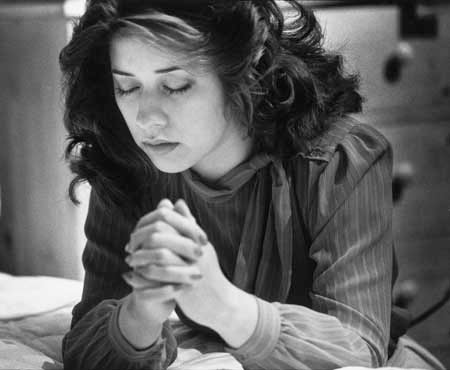
A couple of days ago I read an article on Cnn.com about Pastor Tony Spell who defied an emergency order by Louisiana Governor John Bel Edwards banning public or private gatherings with more than 50 people to stop the spread of Covid-19.
On Tuesday night, just before the police arrived, Pastor Tony Spell stood in the pulpit of his Louisiana church and delivered a message to hundreds of worshipers before him and fellow believers around the world. “I just want to encourage the religious world tonight, Amen!,” Spell said in a sing-song voice, building to the crest of his sermon. “Keep going to church! Keep on worshiping God! …
Spell … estimated his church hosted about 300 people for Tuesday’s service.
While COVID-19 spreads, most houses of worship around the world have closed their doors. But a few like Spell argue that they have a right to worship and that they need divine aid and prayer now more than ever.
Surely we need divine help now more than ever, but churches are not the only place where we can worship, especially in times of danger or persecution.
The Saints in Ghana and the Freeze
On June 14, 1989, the government of Ghana banned all activities of The Church of Jesus Christ of Latter-day Saints in the country. Foreign missionaries were sent home, meetinghouses were locked, and Church members were forced to keep a low profile during this time, which came to be known as the “freeze.”
“It was like being orphaned,” said Kweku Ghartey, a member, as he recalled the situation. With no end to the freeze in sight, many members dealt with challenges such as confusion and peer pressure.
The Church authorized members to hold meetings in their homes. Sundays were spent singing hymns, reading scriptures, and partaking of the sacrament in families and small groups.
“Our homes became sanctuaries of the Spirit,” recounted William Acquah.
Active and dedicated home and visiting teachers also played an essential role in holding the Ghanaian members of the Church together during the freeze. Newer converts remained in contact with fellow worshippers thanks to these important visits. Members began to realize that though the physical presence of the Church was missing, they were still enjoying the blessings of living the gospel.
“We realized that the Church is not the meetinghouse that had been taken away by the authorities but in our own hearts,” said Doris Aggrey-Barlow.
In November 1990, the government of Ghana ended the freeze, and the tried and tested members of the Church rejoiced to once again meet together in their chapels and meetinghouses.
Emmanuel Kissi, one of the people who had waited longest for the Church’s arrival in Ghana in 1978 and who saw his faith rewarded again when the government lifted the ban, summed up the experience of the Ghanaian Saints: “We’ve been through the furnace. We’ve come out refined.”
COVID-19 and Worshipping at Home
In the current situation of danger and uncertainty due to the coronavirus, the Church of Jesus Christ of Latter-day Saints doesn’t try to defy what governments require in order to protect the health of their citizens.
In this case, differently from what happened in Ghana, these governments are not targeting the Church, but the principle is the same. When we are under certain special circumstances, we can worship in our homes. While in normal times to attend church on Sunday or to participate in other church activities is an important part of being a Latter-day Saint, there are situations when it is allowed and appropriate to worship only inside of our homes.
The principle of a home-centered and church-supported curriculum that emphasizes the importance of studying the scriptures as individuals and families at home, among many other benefits, also helps to prepare for these extreme situations.
While I assume that Pastor Tony Spell and others like him are doing what they sincerely think is best, the truth is that we don’t necessarily have to always go to a meetinghouse to worship God or ask for His help.
A Prayer in Our Hearts

There is a story in the Book of Mormon that illustrates a situation even more dangerous than that of the Saints in Ghana in 1989.
When the evil Amulon and the Lamanites began to persecute Alma and his people, they were even prohibited to pray:
“And Amulon commanded them that they should stop their cries; and he put guards over them to watch them, that whosoever should be found calling upon God should be put to death.
And Alma and his people did not raise their voices to the Lord their God, but did pour out their hearts to him; and he did know the thoughts of their hearts. (Mosiah 24:11-12)
When even in our homes we are not safe, we can still worship and pray in our own hearts. Our sincere desires are more important than where or how we worship.
